Do you not get enough sleep and end up feeling tired throughout the whole day? It may seem that simply changing your sleeping schedule will solve the problem in no time. However, there are factors that affect the quality of our sleep which we’d never think of being the culprit for our sleepless nights. And they make us feel worse and worse every day, yet we continue to stick to these harmful habits.
We at Bhaskar Health have collected some non-obvious reasons why you still feel tired after sleeping what is considered to be a substantial amount.
1. You go to bed hungry.
Maybe you’re on a special diet and you don’t eat after 6 PM or you just don’t want to give your body a load of work before sleeping. Of course, eating too much is a problem for sleeping well but hunger won’t give you better sleep either.
When you are hungry, you will sleep poorly even if you dream about cookies. This is why a small snack one hour before sleep (about 150 calories) is a great idea. It will give your body enough energy that will help you fall asleep, no matter how strange this may sound. The rise of the insulin level in the blood leads to the production of serotonin that makes the quality of sleep better.
The best foods to eat before sleep are nuts, some turkey, and non-sweet fruits.
2. You took a nap during the day.
A healthy adult person doesn’t need to take a nap during the day but people still often fall asleep in the armchair in front of the TV, on a bus, or anywhere else. If you take short naps during the day, then the quality of your sleep at night might become worse. Also, there is a kind of insomnia that only occurs on weekends: when a person slept too much on a weekend morning, they can’t fall asleep in the evening and feel absolutely terrible on Monday morning.
If you feel sleepy during the day, it means that it’s time to get up and stretch your legs. The oxygen flow will increase, the blood circulation will improve, and you will feel much better.
3. You often skip breakfast.
Breakfast has seemingly no connection with sleeping at night. However, breakfast turns your biological clock on. After the body gets some energy within an hour after waking up, it starts counting the time before the night sleep.
Also, breakfast regulates the metabolism. When you take very long breaks between meals or you skip your breakfast, the brain thinks that it might get hungry. So, between meals, the stress hormones (cortisol and adrenaline) are produced and they can cause insomnia.
4. You forget to clean your bedroom.
Even if it seems to you that you don’t care about the mess around you, your brain doesn’t think this way. The mess influences the subconsciousness. It is believed that our brain memorizes everything that surrounds us and if the last thing you saw before sleep was chaos, your sleep will be chaotic too.
Also, sleeping in the dust never made anyone feel good. One of the dustiest things we often forget about are the curtains.
Try to limit the number of things you have in your bedroom and do the cleaning as often as possible to make breathing easier.
5. The room is too hot.
It’s very hard to say “no” to a warm bedroom if you don’t like the cold. But even if think that you feel more comfortable falling asleep in a warm room, during the night, a high temperature will only decrease the quality of your sleep.
If sleeping with an open window is hard for you in the winter, just open the window for 10 minutes before going to sleep. The best temperature for sleep in is around 70°F-71°F.
6. You sleep on your belly.
Every person has their favorite sleeping position and psychological tests even often try to interpret people’s character traits by the way they sleep. However, there are good and bad sleeping positions. People sleep the best if they sleep on their back or on their side. The position on the belly is believed to be the worst because, in this position, the spinal cord and the muscles don’t relax, the chest is pressed, and breathing is difficult.
This position is especially bad for people who have cardiovascular conditions, lung diseases, or atherosclerosis.
It is pretty stressful to stop sleeping in your favorite position, so you should make the transition in a smooth manner.
7. Your pet sleeps next to you.
It’s very rare for an animal to sleep throughout the entire night. It’s especially true for cats who don’t understand what personal space even means. So, if your pet sleeps together with you, your sleep will most likely be bad.
Do you really feel great when you wake up with your cat on your head or when you literally sleep on the very edge of the bed because your pet took up most of the bed? Many pet owners complain about their sleep because their pets think that they own the bedroom.
8. You eat sweets before going to sleep.
We have already found out that a small snack before bed is a good decision unless it’s about sweet foods.
Sugar is like food for the brain and if your brain is too active at night, it’s not a good thing. It might actually lead to nightmares. If you eat chocolate before sleep, it might cause insomnia because it contains caffeine (and it doesn’t matter what sort of chocolate you eat).
9. You don’t know about the “secret life” of your legs.
You might feel tired in the morning because of something called restless legs syndrome that is quite hard to notice. People’s legs might shake during the night, so the brain wakes up all the time which disrupts sleep.
This problem is common for older people but if you are young, it doesn’t mean you don’t have it. If you can’t fall asleep because of an unpleasant sensation in your legs and in the morning, you notice that the sheets are crumpled, it might be the indication that you have this syndrome.
In the most severe cases, doctors prescribe special medications but for starters, you should give up coffee and other caffeine-containing foods. Also, have your blood tested to find out the hemoglobin level.
10. You sleep near a source of noise.
Sleeping with constant background noise is unhealthy and there are negative consequences for the body even if you didn’t wake up during the night. Our brain notices the noise and it leads to fatigue, anxiety, and an increased heartbeat during the day.
Depending on the level, the effect of the noise can be different:
- 30 dB (whisper, clock ticking) — no effect;
- 35-40 dB (a regular conversation) — worsens the quality of sleep and can cause a headache;
- 45-50 dB (a lively conversation, laughter, snoring) — can cause a nervous disorder;
- more than 50 dB — increases the risk of stroke.
Sudden loud noises can also damage your health, so if there is a railroad or a highway near the house, you should keep the windows closed at night or use earplugs.
Bonus: Drink cherry juice to fall asleep.
As it turns out, cherries are a natural source of melatonin that is in charge of your body’s internal clock. Cherries are delicious and they are a light snack that you can have right before going to sleep. If you don’t have cherries, you can drink high-quality cherry juice instead.
Have you ever paid attention to the conditions of your sleep? Tell us in the comments section below.


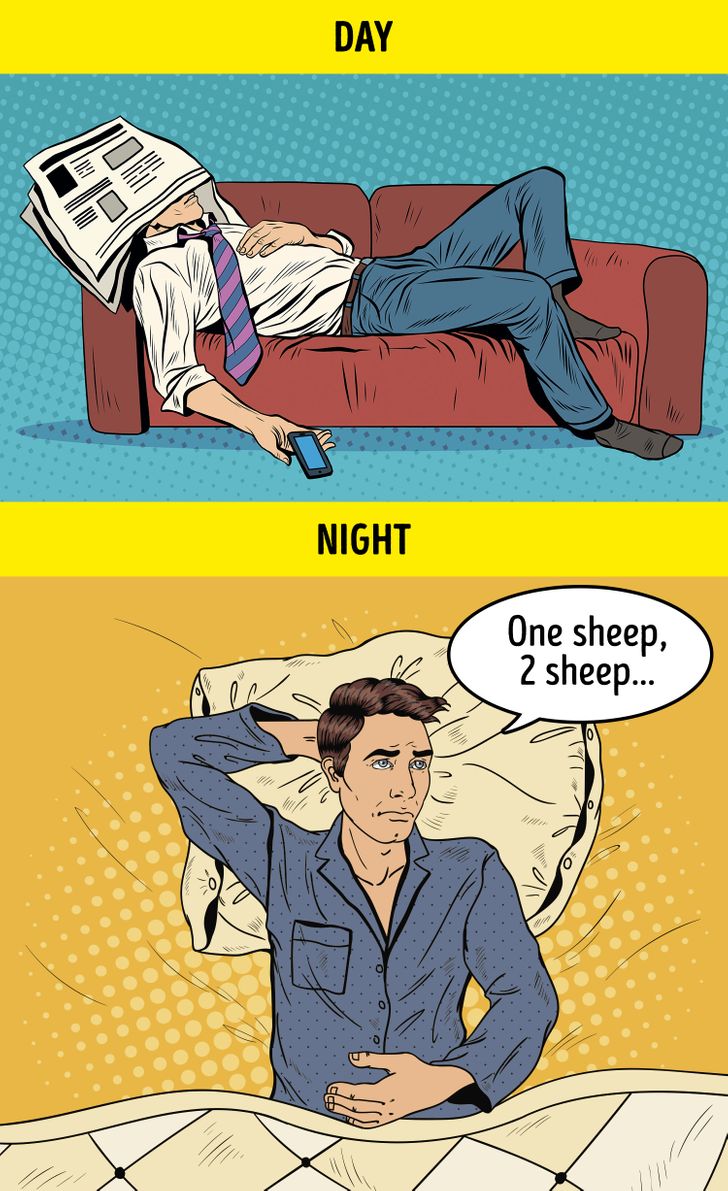
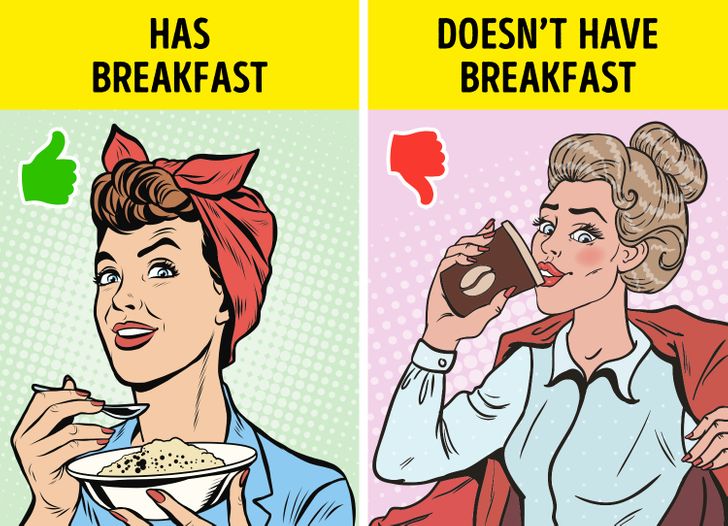
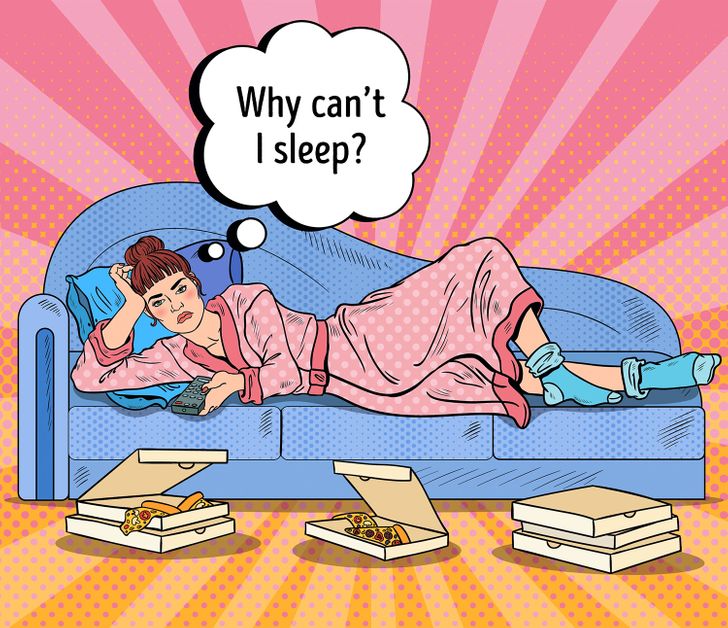
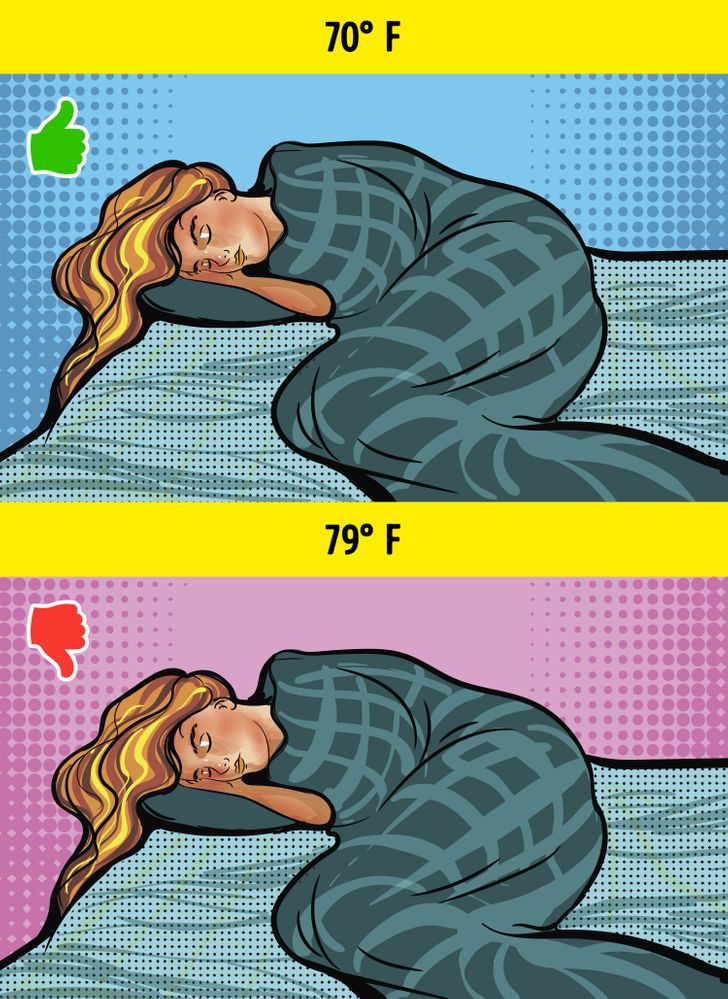
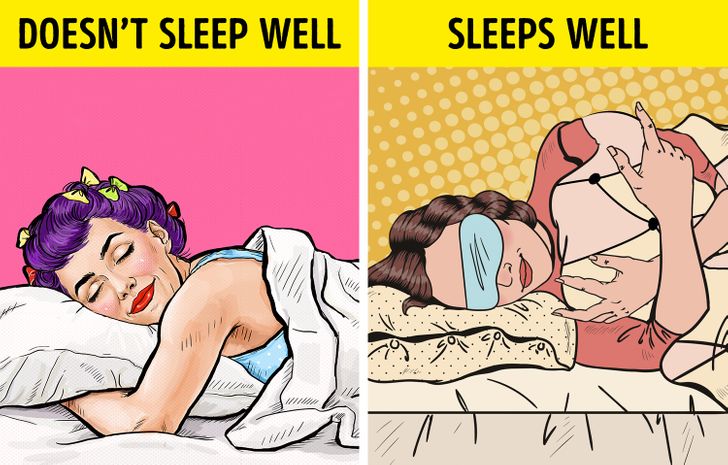
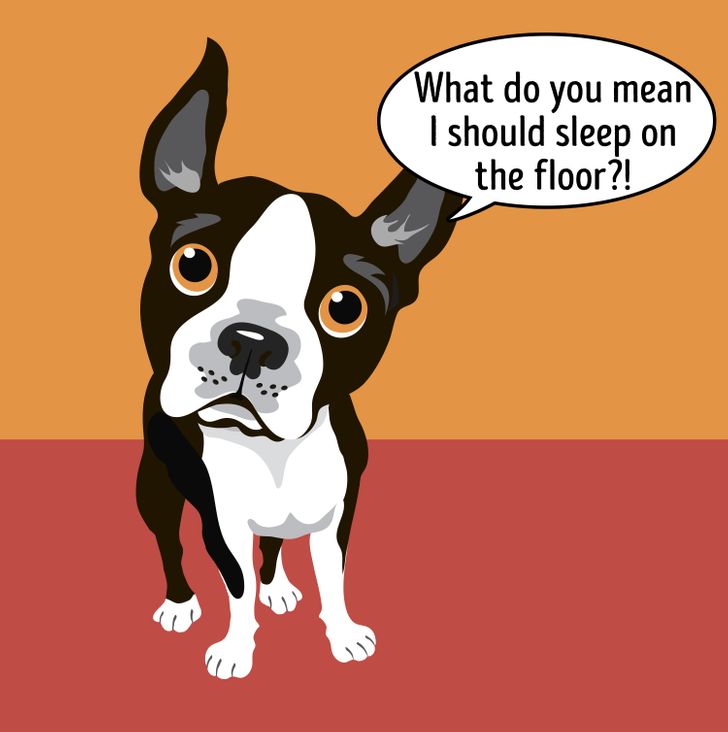
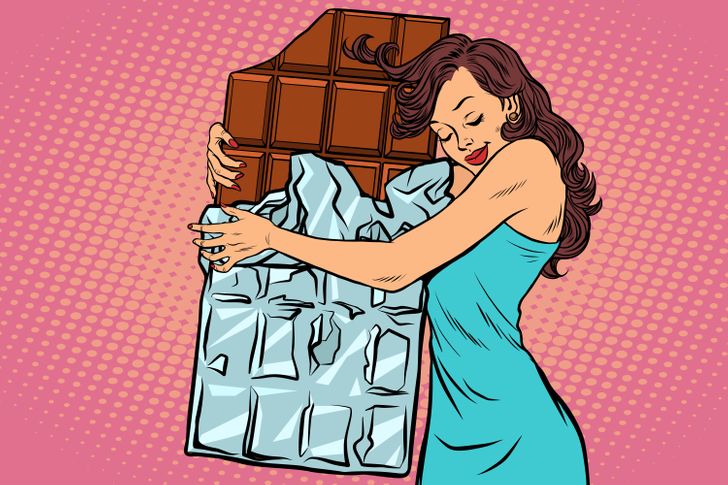
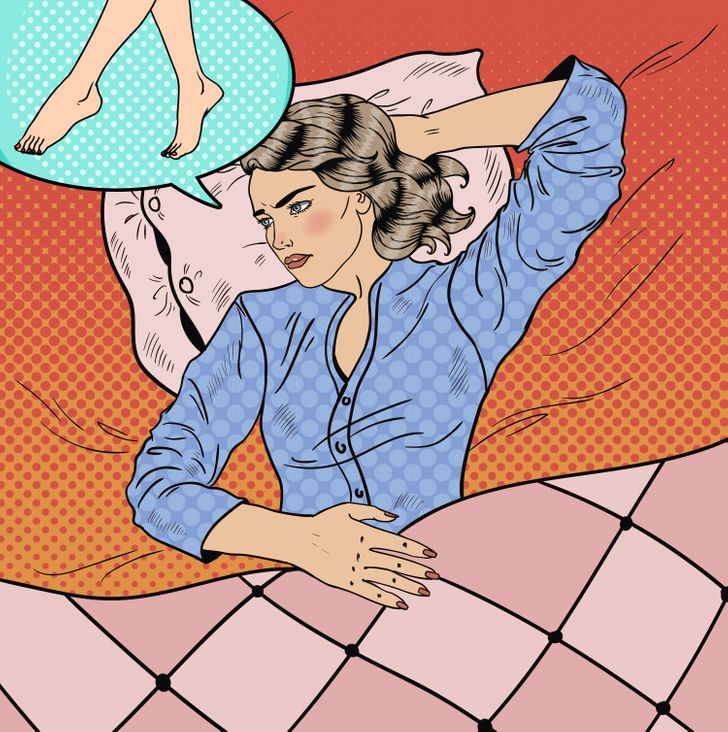

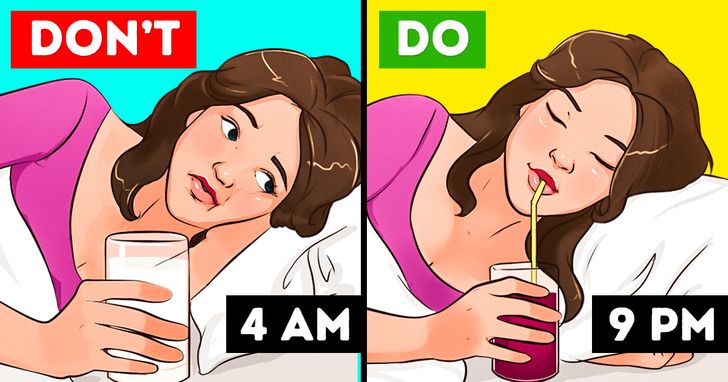
0 Comments